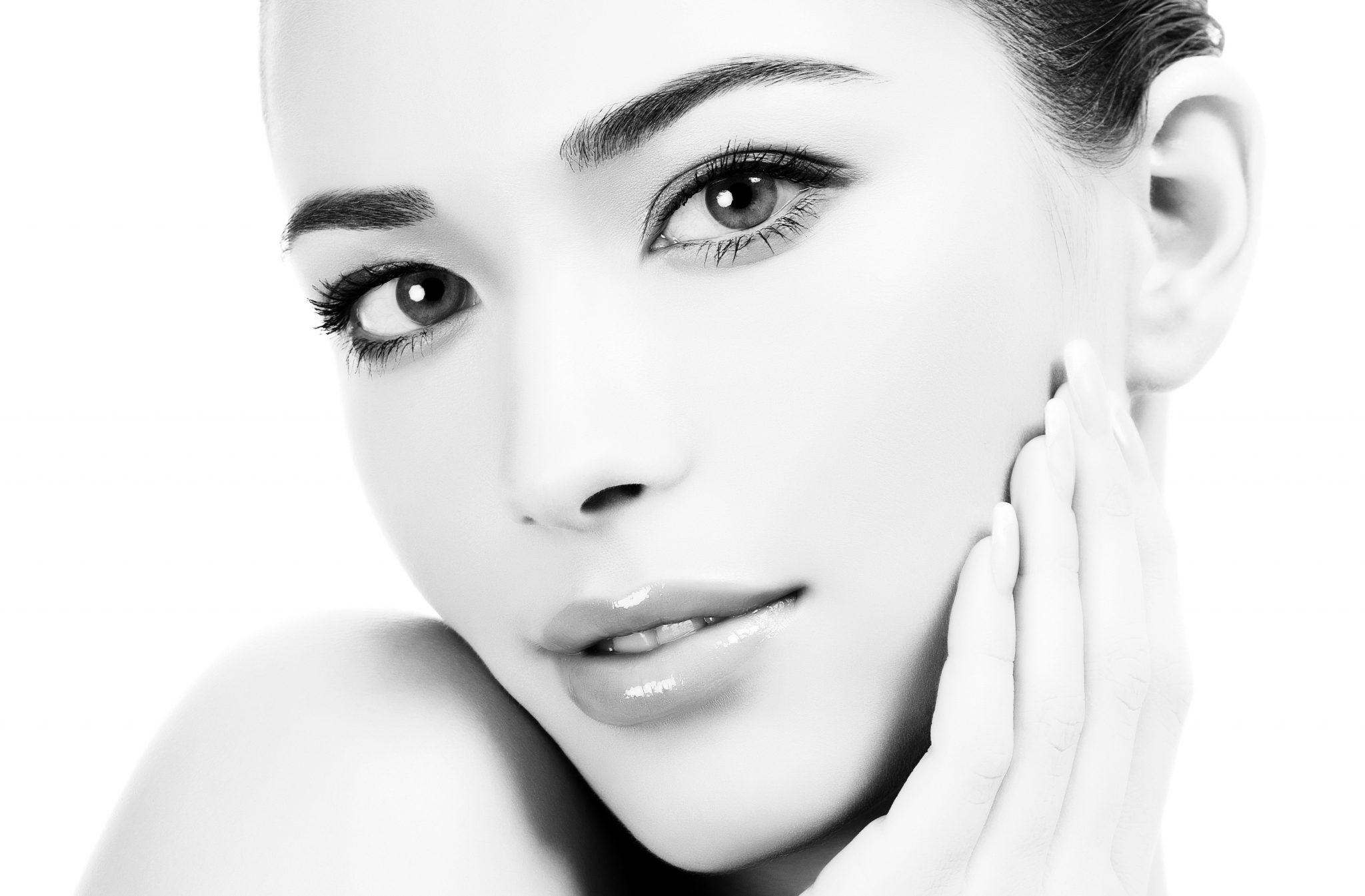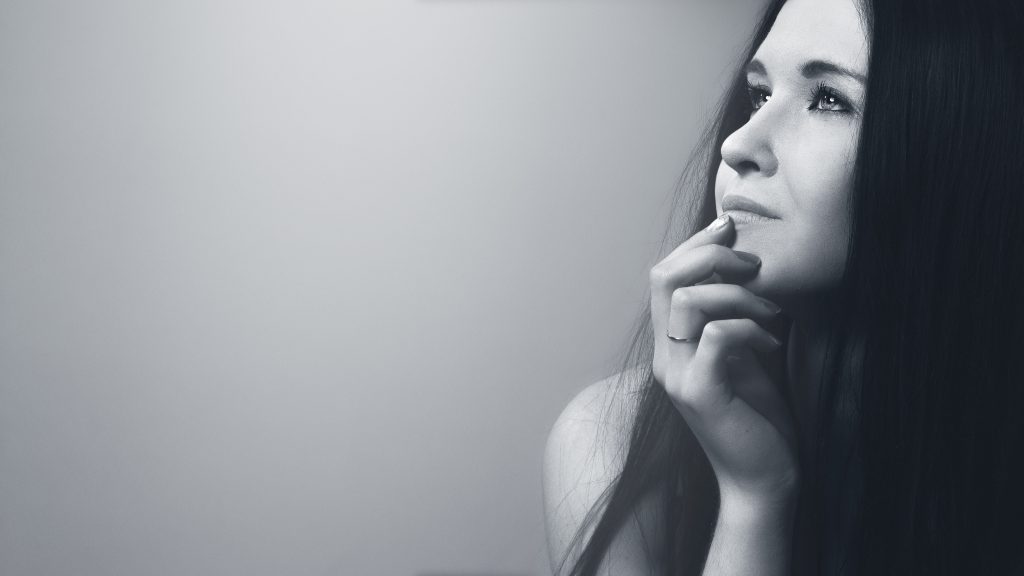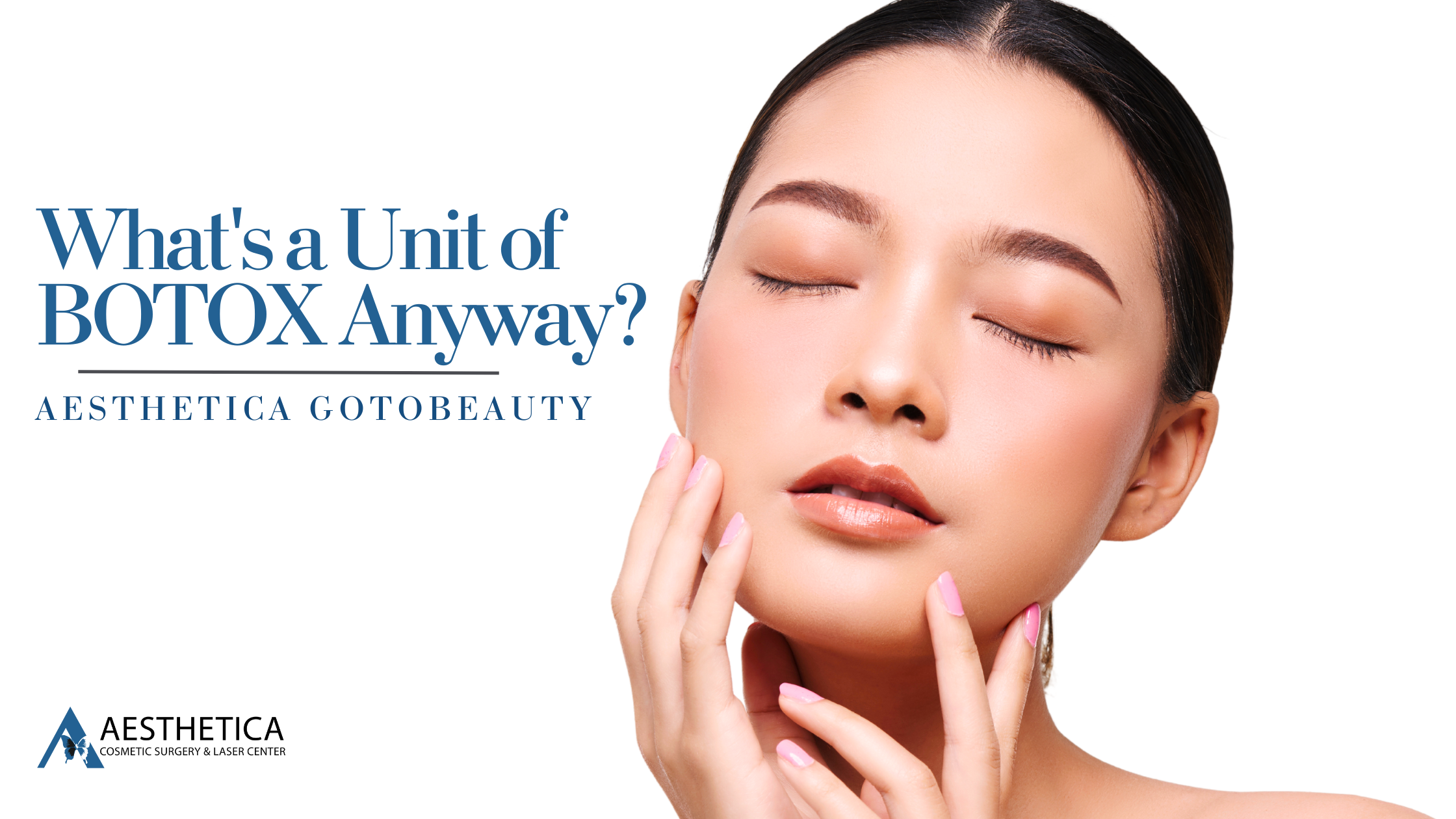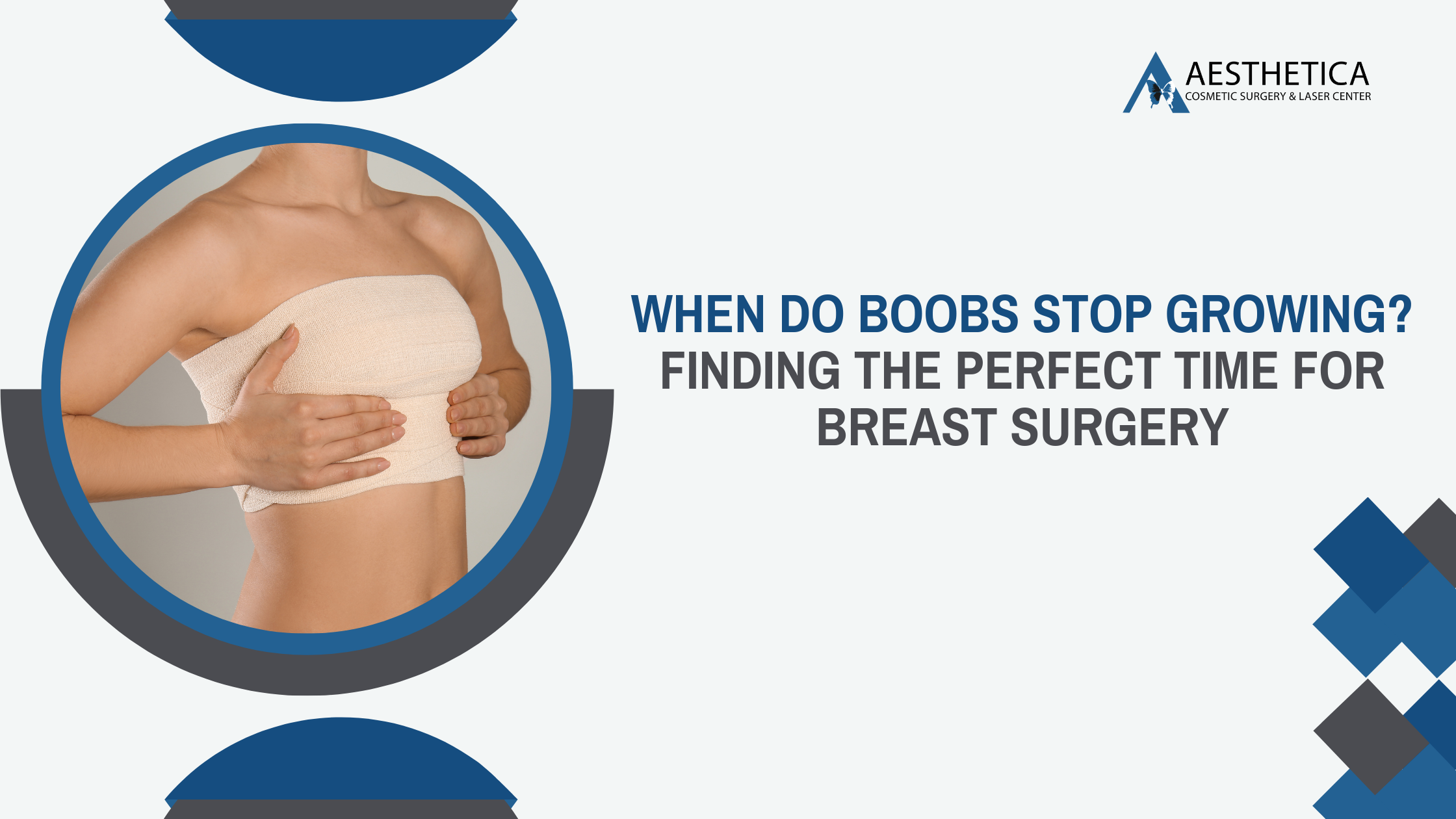Beauty and the Brain4 min read
- , Breast, Face, Fitness, Plastic Surgery


Phillip Chang, MD
Board Certified By The American Board of Plastic Surgeons.
Voted Top Plastic Surgeon in Loudoun, Virginia
Offices in Leesburg, Virginia.

This year, PEOPLE Magazine name Jennifer Garner the most beautiful woman of the year. Other winners have included Jennifer Anniston, Julia Roberts, and Halle Berry. Each of these women look different, though each is undoubtedly beautiful.
Have you ever wondered why we think some people are beautiful? Many researchers have conducted studies to determine how our brains perceive beauty and why. For a cosmetic surgeon, it’s important to understand how our brains process beauty. It’s the guide they use for cosmetic procedures to help patients obtain their most beautiful selves.
Physical Beauty Versus Inner Beauty
You’ve probably been told that beauty is on the inside – and rightly so. But what about people who are unkind the inside and beautiful on the outside? Why doesn’t our mind alter its perception of beauty? Anthropologist and psychologist Sir Francis Dalton set out to find out why the brain’s perception of beauty is not influenced by a person’s character.
In 1878, Sir Dalton began researching why the worst criminals could be beautiful. His studies proved that their behavior didn’t affect the way people perceived physical appearance. Rather, certain facial features are what causes us to think someone is beautiful.
Features Most Minds Find Beautiful
Within the last two decades, scientists have attempted to discover how our brains decide what we think is beautiful through evolutionary psychology and neuroscience. While everyone’s perspective of what is beautiful differs, there are similar features that most find attractive.
In Sir Dalton’s study, he ultimately concluded that average facial features with similar proportions are preferred.
These are some of the factors Dalton determined play a role in how we decide what’s attractive:
• Beautiful Faces and Symmetry
According to science, people with symmetrical faces are considered more attractive than those with asymmetrical faces. In the 1930s, Maksymilian Faktorowicz shed light on the importance of symmetry. He’s known as the founder of Max Factor make up. He was sought by celebrities for his ability to cover facial asymmetries with his makeup products.
• Beautiful Faces and Hormones
Hormones are another scientific factor that affect beauty.
Estrogen and Testosterone both play a big part in beauty. Our brains perceive the presence of these hormones through facial features.
The estrogen levels in young women create features like large eyes, full lips, narrow chins, and high cheekbones (Can anyone say Angeline Jolie?). Testosterone produces features like heavy brows, thin cheeks, and squared jaws (Can anyone say Hugh Jackman?).

What Triggers Beauty Signals in the Brain?
Now to answer the question “how does your brain decide what you think is beautiful?” When you see something you like, the your brain’s cortex is activated in the back. There is one part that specifically processes facial features and another that processes objects. Attractive faces also ignite our pleasure and reward centers in the front of the brain.
Beauty also engages our brains neurologically – more than you might think! In one experiment, people decided if a pair of faces were the same or a different person. This seems like an activity that wouldn’t spark much in the brain regarding attractiveness, but researchers found high levels of neuro-activity! The experiment also revealed high activity in the minds’ pleasure centers, even though the participants weren’t focused on the beauty of the people being shown.
All of this data shows that our brain automatically responds to beauty by linking vision and our pleasure centers that ping our beauty detectors regardless of what we may be thinking about at that time.
If you find the mind’s relationship to beauty intriguing, this TEDTalk dives deeper into our brains and beauty.
Aesthetica Understands Beauty
Here at Aesthetica, we understand the science behind beauty. We also understand the art behind creating beauty. We use the information scientists have provided to us as a guideline for our cosmetic procedures. Are you interested in pursuing your most beautiful you? Our staff is here to help. Contact us by phone or online to set up a free consultation with our surgeon. You won’t be disappointed!
Let Us Help You!
Our office can provide you will helpful information, schedule a free consultation, and even a 3D Vectra Scan of your anticipated results!
Contact Dr. Chang's Office:
More Articles For You

What’s a Unit of BOTOX Anyway? | Aesthetica GoToBeauty
Have you ever heard about BOTOX and wondered what it’s all about? It’s like the

When Do Boobs Stop Growing? Finding the Perfect Time for Breast Surgery
Ever wondered when your boobs finally decide to take a break from growing? Or you’re
Are Silicone Injections in Buttocks Safe?
In today’s world, where the aesthetic appeal of one’s body can often feel as though

Does a Mommy Makeover Include BBL?
Many women look forward to the blessings of motherhood. Having a child is a very
